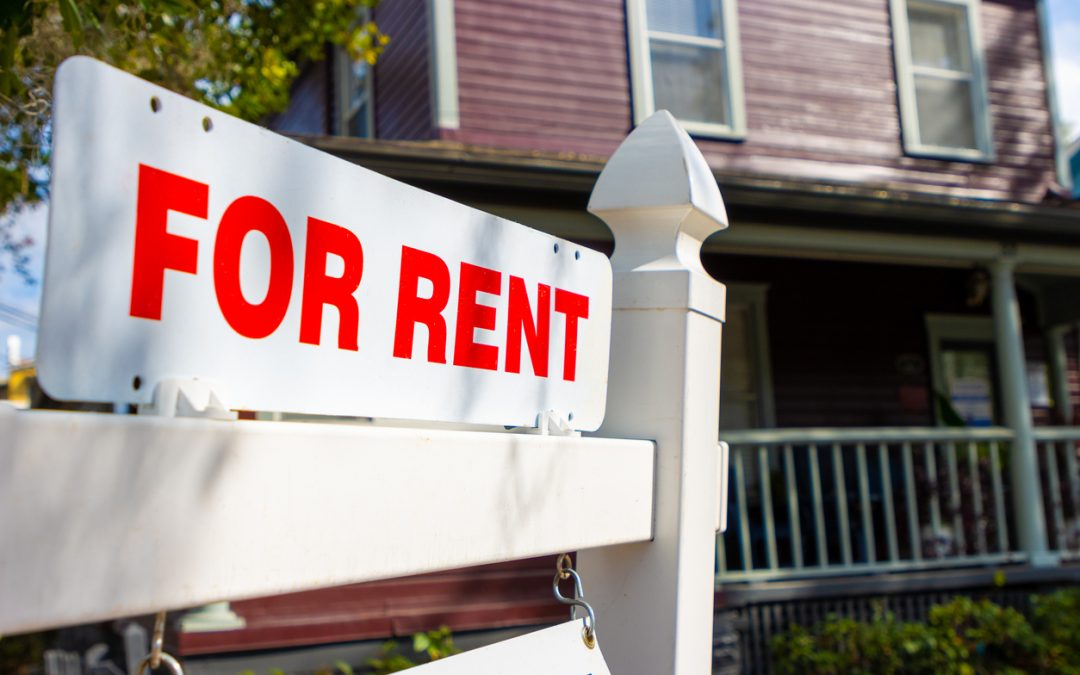As rents continue to rise in many areas, you may decide to help your financially challenged family members by renting a property to them at a discount. But this can lead to the loss of significant tax deductions. Here’s a look at the tax treatment that applies when you rent to unrelated parties and how the rules change when you rent to relatives.

Renting to Family Members
read more


